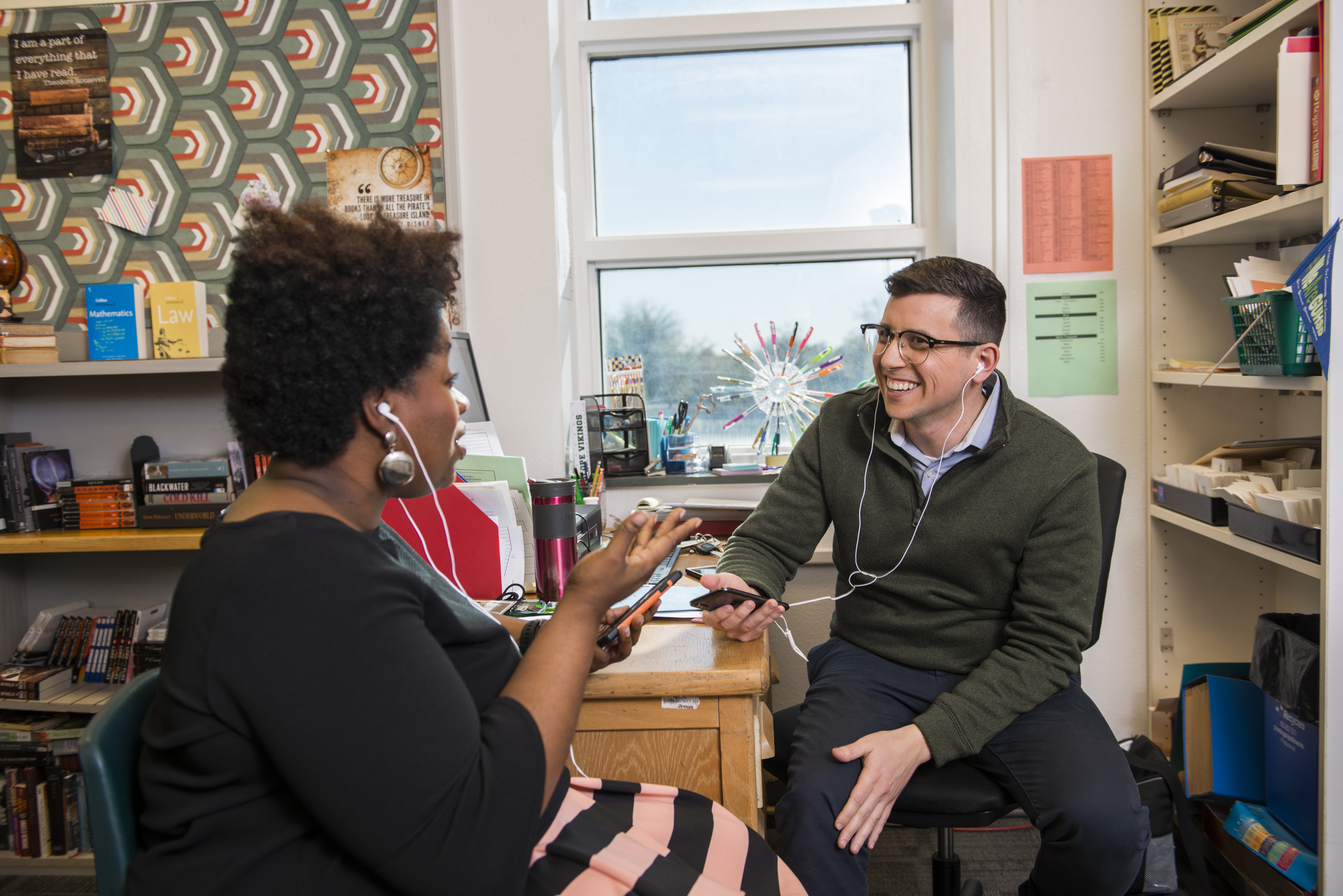How to Shift Away From the Mindset of ‘We’ve Always Done It This Way’
The past few years have been among the most challenging for teachers, and it may feel easier to remain in a fixed mindset and autopilot your way through the year. But just as we train our students to have a growth-minded approach to learning, we as professionals need to develop a growth mindset ourselves.
These five tips can help you retrain your brain from a fixed to a growth mindset in teaching — reinvigorating yourself, your curriculum, and your students.
1. Set Goals for Yourself
Maybe you’ve been considering pursuing your National Board Certification. Or perhaps you want this year’s students to reach a higher benchmark than last year’s students. Setting goals for yourself — whether at the start of a school year, semester, or new unit of study — will increase the likelihood of meeting them and push you to improve your professional practice.
2. Seek Out Role Models
Classroom observations tied to evaluations can feel daunting and nerve-wracking. But classroom observations for the sole purpose of feedback and growth can be an opening for productive brainstorms and pedagogical discussions. Is there a model teacher in your school/district who you can ask to observe your classes, and whose classes you can observe? The post-observation discussions you have will likely generate ideas you may be able to implement for immediate results.
3. Positive Over Negative Attitude
Particularly in this fraught learning year, it may feel easy to focus on the negatives and not feel motivated to seek out opportunities for growth. Try setting small goals to reframe your attitude. As your students enter your class, for example, stand at the door with a smile and a “hello” for every student. Small gestures like these throughout the day will guarantee positive vibes and more motivation to pursue challenges, both inside and outside the classroom.
4. Embrace the Challenge
When creating a class lesson, we often have a vision of how it will progress in real-time. But nothing in education seems to go according to plan. If that lesson is a complete bomb, it shouldn’t automatically be labeled as a failure and quickly erased from your mind. Instead, embrace a growth mindset in your teaching practice and give yourself the challenge of perfecting the lesson. What can you do differently to make it more impactful? Can you make that change for the next class period? If not, can you leave yourself a note to remember to implement that change for next year’s class?
5. Speak the Language of Growth
As teachers, we are trained to speak a certain way to our students. If a student did not perform well on an assessment, instead of saying “You didn’t understand the concept,” we would say something along the lines of “You didn’t understand the concept yet, but we will get you there.” It’s important that as professionals, we give ourselves the same grace. When we commit to growth-minded language, like using the term “yet” in reference to ourselves, we subconsciously begin to convert our own mindsets as well.











